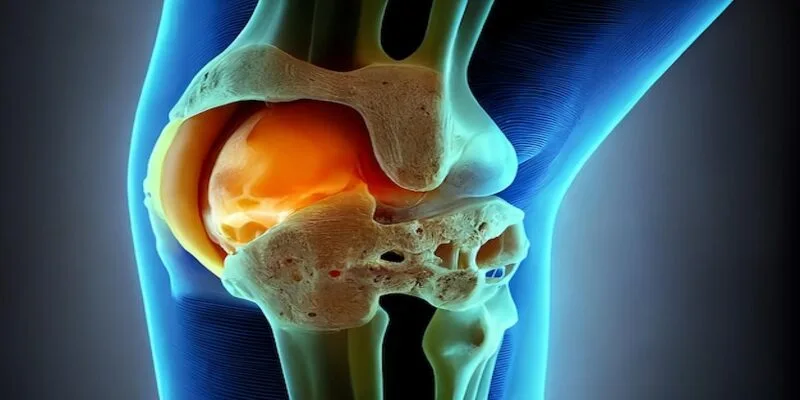Osteoporosis, a condition characterized by weakened and brittle bones, poses a significant health risk, especially as we age.
However, the good news is that proactive lifestyle choices and preventive measures can substantially reduce the risk of developing osteoporosis.
In this article, we delve into the key strategies for osteoporosis prevention, encompassing nutrition, exercise, lifestyle modifications, and early detection.
Nutrition for Bone Health:
a. Adequate Calcium Intake
- Consume calcium-rich foods such as dairy products, leafy greens, and fortified options.
- Consider calcium supplements if dietary intake is insufficient, consulting with healthcare professionals for guidance.
b. Vitamin D Support:
- Ensure sufficient exposure to sunlight, a natural source of vitamin D.
- Include vitamin D-rich foods like fatty fish and fortified products in your diet.
- Consider supplements, especially for individuals with limited sun exposure.
c. Balanced Diet:
-
- Maintain a diet rich in fruits, vegetables, lean proteins, and whole grains.
- Limit excessive intake of caffeine and alcohol, as these can adversely affect bone health.
Engage in Weight-Bearing Exercises:
a. Types of Exercises:
- Embrace weight-bearing exercises like walking, jogging, dancing, and resistance training.
- Incorporate exercises that improve balance and flexibility, such as yoga and tai chi.
b. Regular Physical Activity:
-
- Aim for at least 150 minutes of moderate-intensity aerobic activity or 75 minutes of vigorous-intensity activity per week.
- Include muscle-strengthening activities on two or more days per week.
Lifestyle Modifications:
a. Quit Smoking:
- Smoking is associated with decreased bone density. Quitting smoking is a crucial step in osteoporosis prevention.
b. Limit Alcohol Intake:
- Excessive alcohol consumption can compromise bone health. Limit intake to moderate levels.
c. Maintain a Healthy Body Weight:
-
- Maintain a healthy weight through a balanced diet and regular exercise. Being underweight can increase the risk of osteoporosis.
Bone Density Testing:
a. Early Detection:
- Periodic bone density tests, especially for postmenopausal women and individuals with risk factors, can help identify bone loss early.
- Consult with healthcare professionals to determine the appropriate testing schedule.
b. Personalized Prevention Plans:
-
- Results from bone density tests allow healthcare providers to create personalized prevention plans, incorporating lifestyle modifications and, if necessary, medication.
Consult with Healthcare Professionals:
a. Individualized Guidance:
-
- Seek guidance from healthcare professionals for personalized advice on nutrition, exercise, and overall bone health.
- Discuss any concerns or risk factors to develop a proactive prevention plan.
Conclusion
Osteoporosis prevention is a multifaceted approach that involves conscious lifestyle choices, regular exercise, and early detection through bone density testing.
By adopting these strategies and maintaining open communication with healthcare professionals, individuals can fortify their bones, reduce the risk of osteoporosis, and enjoy a life of strength and vitality. Remember, prevention is the key to a resilient skeletal system as we age.

Leave feedback about this